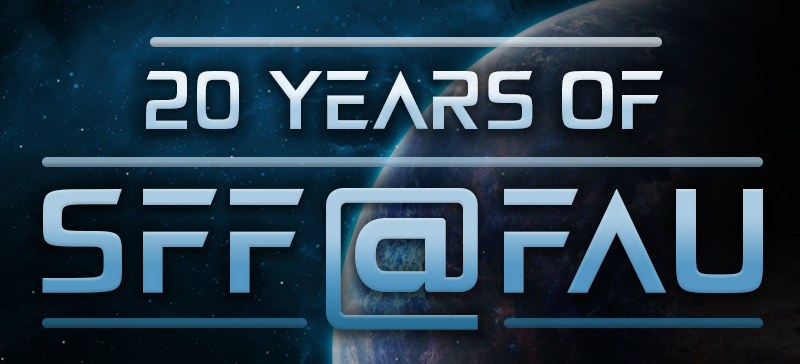Karina Vado

Karina A. Vado (she/her/ella) received her Ph.D. in English and a Graduate Certificate in Latin American and Caribbean Studies from the University of Florida. Her research interests span the fields of Hemispheric American Studies (esp. Afro-Latinx, Latin/x American, and African American Literary and Cultural Studies), Critical Race and Feminist Science and Technology Studies, and Science Fiction and Utopian Studies (esp. Afrofuturism, Caribbean-, Chicanx-, and Latinxfuturisms, and the genre's meditations on bioscience and biotechnologies). Dr. Vado’s scholarship has been generously supported by several competitively awarded fellowships including the Florida Education Fund’s McKnight Doctoral Fellowship, the University of Texas at Austin’s Gloria E. Anzaldúa Summer Research Fellowship, Penn State University’s Diversity Pre-Doctoral Fellowship, and the University of Florida’s O. Ruth McQuown Graduate Award.
Currently, Dr. Vado is at work on two distinct yet interrelated manuscripts: Latinx DNA: Race, Latinidad, and the Gene(ome) and Stories of the Flesh: On Epigenetics and Racialized Embodiment in African American and Latinx Science-Fictions. Broadly, these book projects explore how the cultural dimensions of science and technology are co-constituted with popular ideas of race, gender, and sexuality, past and present. You can find samples of her scholarly writing in edited collections such as Race and Utopian Desire in American Literature and Society and in Human Contradictions in Octavia Butler’s Work. You can also find samples of her editorial work in Dialogue: The Interdisciplinary Journal of Popular Culture Pedagogy, the flagship journal of the Southwest Popular/American Culture Association.
Refereed Book Chapters:
“‘But all we really know that we have is the flesh’: Body-Knowledge, ‘Mulatto Genomics,’ and Reproductive Futurities in Octavia Butler’s Xenogenesis” in Human Contradictions in Octavia Butler's Work. Eds. Martin Japtok and Jerry Rafiki Jenkins. New York: Palgrave Macmillan, 2020.
“‘We Bleed in Mestizaje’: Corporeal Utopias and Mestiza Futurities in Gloria Anzaldúa’s Light in the Dark/Luz en lo Oscuro” in Race and Utopian Desire in American Literature and Society. Eds. Patricia Ventura and Edward Chan. New York: Palgrave Macmillan, 2019.
Book Reviews:
Review of Everett Hamner’s Editing the Soul: Science and Fiction in the Genome Age in Extrapolation 60.2 (2019): 210-215.
Review of Patrick B. Sharp’s Darwinian Feminism and Early Science Fiction: Angels, Amazons, and Women in Journal of the Fantastic in the Arts 29.2 (2018): 326-239.
Review of Angelika Bammer’s Partial Visions: Feminism and Utopianism in the 1970s in Journal of the Fantastic in the Arts 27.2 (2017): 375-378.
Conference Presentations (most recent):
“‘But we are all of us [fukú’s] children, whether we know it or not’: Environments, Genes, and ‘Racexiled’ Bodies in Junot Díaz's The Brief Wondrous Life of Oscar Wao.” International Conference on the Fantastic in the Arts. Orlando, Florida, March 15-18, 2023
“‘I Graft a New Tribalism’: Affiliative Biofuturities and New Terrains of Mestizaje in the Works of Gloria Anzaldúa.” Latinx Visions Conference: Speculative Worlds in Latinx Art, Literature, and Performance. The University of New Mexico, March 9-11, 2023
“Spiritualized Genetics and Speculative Genealogies in Raquel Cepeda’s Bird of Paradise: How I Became Latina.” Latin American Studies Association (LASA) International Congress. San Francisco, California May 5-8, 2022
